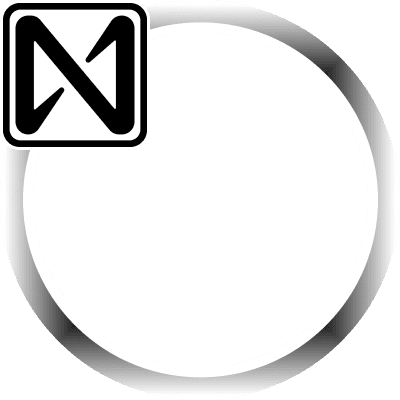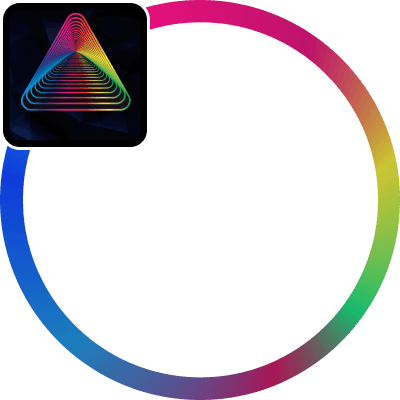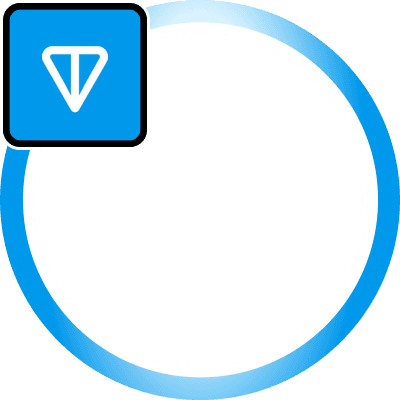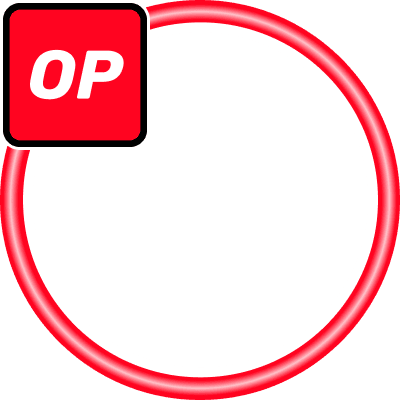Overview
Scroll is a Layer 2 (L2) scaling solution for the Ethereum blockchain, designed to improve transaction throughput and reduce costs while maintaining security and decentralization. Utilizing zero-knowledge (zk) rollup technology, Scroll processes transactions off-chain and generates zk-proofs that are verified on the Ethereum mainnet, ensuring high efficiency and security. Scroll aims to provide an EVM-equivalent environment, allowing developers to deploy Ethereum smart contracts










